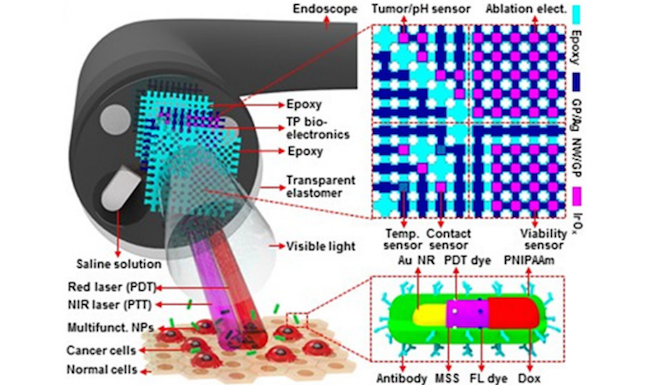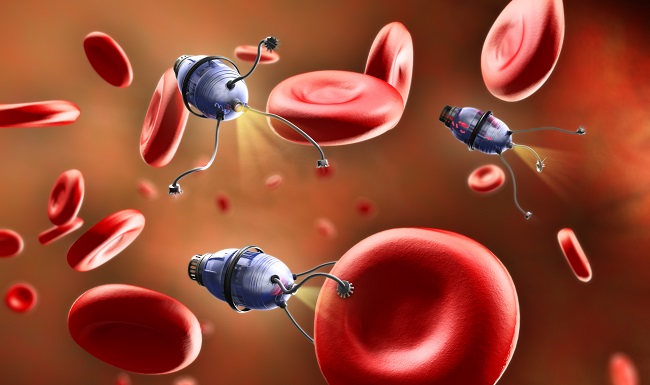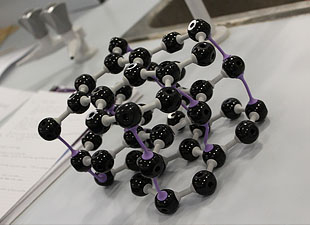
AsianScientist (Jan. 25, 2019) – A team of researchers in South Korea has developed a targeted drug delivery system that sidesteps protein adsorption and immune cell clearance to enhance cancer therapy. Their results are published in Nature Communications.
Targeted drug delivery systems are meant for selectively delivering drugs to specific tissues, organs and cells. Although tens of thousands of drug delivery systems have been developed, not all of them are effective because hundreds of proteins in the body stick to the drug carrier in what is known as the protein corona phenomenon. Hence, even when the drug reaches its target, such as a cancer cell, the treatment efficiency is very low.
To avoid the protein corona phenomenon, researchers led by Professors Ryu Ja-Hyoung, Kang Sebyung and Kim Chaekyu at the Ulsan National Institute of Science and Technology, South Korea, have devised a protective shield around drug carriers.
“[We] reported that it is possible to alleviate the impact of protein corona on targeted drug delivery using a shield of well-structured special proteins that are highly stable and do not interact with each other,” said Ryu.
Using recombinant DNA technology, the research team created recombinant fusion proteins with enhanced physical stability and cancer-selective targeting ability. They encapsulated drug-carrying nanoparticles with these fusion proteins, which protected the nanoparticles against protein adsorption.
The researchers also demonstrated that their shielded nanoparticles could kill cancer cells without being caught by immune cells, even after long-term exposure to biological environments. In mouse models of cancer, the team found that their system exhibited lower toxicity than conventional therapeutic methods, as well as excellent tumor-targeting ability.
“Aside from treating cancer, our findings can also be applied to a variety of fields, such as the diagnosis and treatment of various diseases, as well as heat-optical therapy,” said Ryu. “We plan to introduce a multifunctional platform by differently designing recombinant proteins in the future.”
The article can be found at: Oh et al. (2018) Cloaking Nanoparticles With Protein Corona Shield for Targeted Drug Delivery.
———
Source: Ulsan National Institute of Science and Technology; Photo: Shutterstock.
Disclaimer: This article does not necessarily reflect the views of AsianScientist or its staff.












